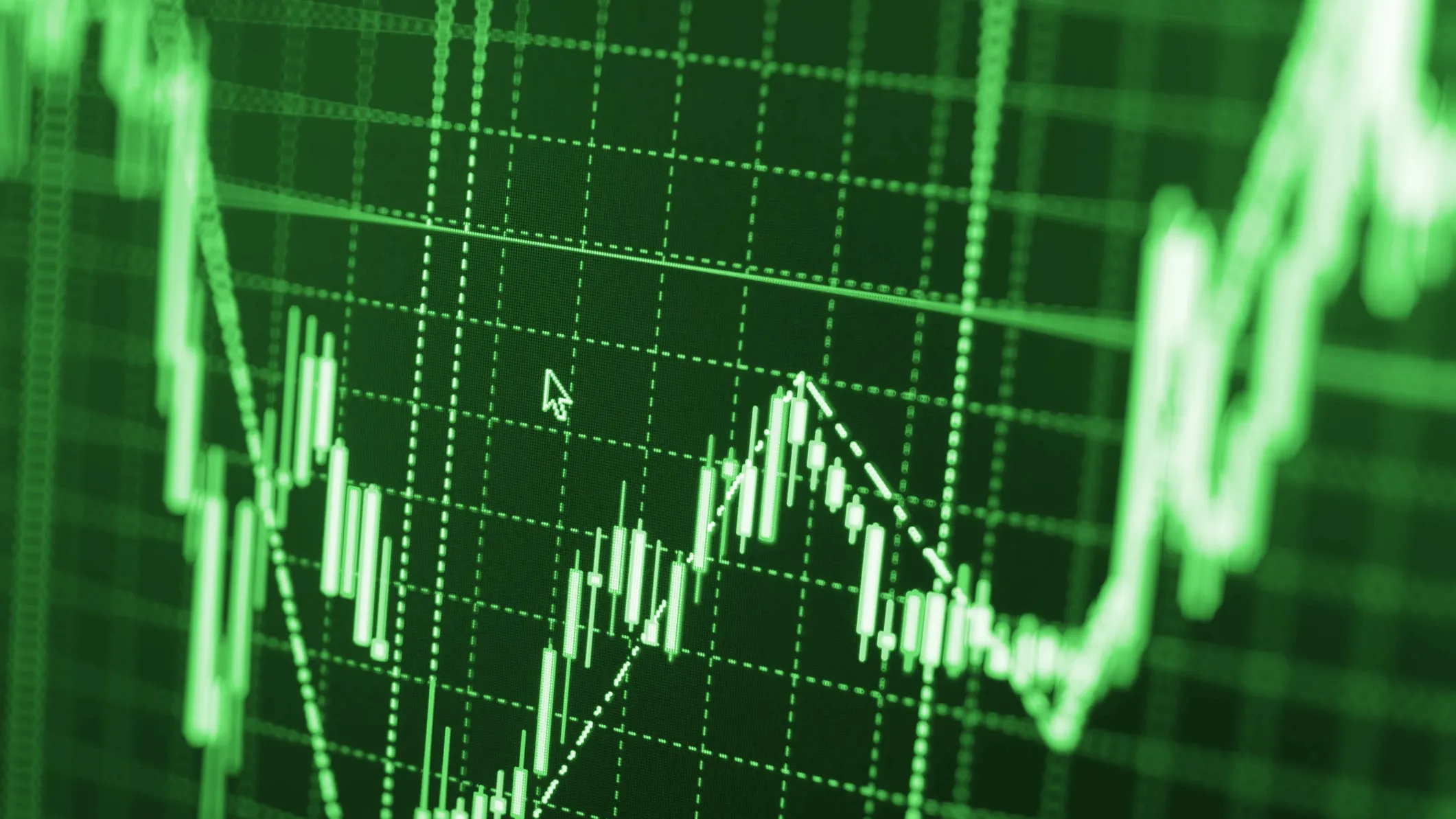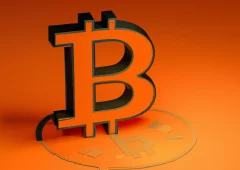Crypto Invest Makes 4,860x Profit With This Meme Coin
18.03.2025 21:00 1 min. read Alexander Stefanov
The Mubarak meme coin, launched on the Binance Smart Chain, has taken the market by storm, seeing an astonishing 70% spike in trading activity within a single day.
This surge has pushed the coin’s value to $0.1905 and driven its market capitalization to an impressive $200 million, just two days after its debut. One early investor has managed to turn a modest $232 investment into a staggering $1.1 million, realizing a 4,860x return.
Blockchain analysis platform LookonChain revealed that this investor acquired 10.5 million $MUBARAK tokens for 0.4 BNB (approximately $232). After selling a portion of their holdings for 576 BNB, valued at around $363,500, the trader now retains over 5 million tokens, worth an estimated $764,000 across multiple wallets.
What fueled the frenzy surrounding Mubarak? The meme coin’s rapid rise can be attributed to several key events. Binance founder Changpeng Zhao’s backing provided a significant boost, sparking immense interest from traders. Additionally, the coin’s recent listing on the Binance Alpha platform further amplified its popularity, leading to a dramatic surge in its trading volume.
Crypto analyst Thanos, who has expressed strong bullish sentiment on the coin, calls it a “no-brainer” investment at its current price. He also noted that the market correction following the Binance Futures listing has cleared out overleveraged positions, leaving room for potential gains as the coin continues to gain traction.
-
1
Ethereum Poised for Breakout as Price Clings to Key Support
10.06.2025 16:00 1 min. read -
2
Raydium Price Prediction: RAY Volumes Double as Meme Coin Hype Comes Back
10.06.2025 0:39 3 min. read -
3
Pepe Price Prediction: Trader Believes that PEPE’s Price Could Rise by 4,000%
18.06.2025 22:52 4 min. read -
4
Altcoin Rally May Be Closer Than It Seems—But This Cycle Looks Very Different
09.06.2025 13:15 1 min. read -
5
Is Ethereum (ETH) Gearing Up for a Major Breakout?
11.06.2025 10:00 2 min. read
Ethereum Price Prediction: This Trader Thinks ETH Could Soon Hit $12,000 – Here’s Why
Ethereum (ETH) has gone down by 3% in the past 7 days as tensions in the Middle East have pulled down crypto prices. Despite the cease-fire between Iran and Israel brokered by President Donald Trump, only Bitcoin (BTC) seems to be receiving support from market participants as uncertainty prevails. However, despite this challenging environment, a […]
Trump-Linked Truth Social Pushes for Bitcoin-Ethereum ETF as Crypto Strategy Expands
Trump Media & Technology Group (TMTG), the company behind Truth Social, is ramping up its entry into the crypto investment world.
BTC Bull Token Price Prediction: The Next Crypto with 1000% Potential?
BTC Bull Token (BTCBULL) is making waves in the meme coin market by offering something different—real Bitcoin rewards. Unlike most meme coins that are driven by hype, BTCBULL is strategically tied to Bitcoin’s performance, rewarding holders with Bitcoin airdrops when BTC hits major milestones. As the presale nears its end, analysts are predicting a potential […]
XRP Ledger Rolls Out Major Upgrade With Advanced Features for DeFi and Compliance
The XRP Ledger has taken a significant leap forward with the release of version 2.5.0 of its core software, Rippled — a rollout that developers are calling one of the most impactful updates in the project’s history.
-
1
Ethereum Poised for Breakout as Price Clings to Key Support
10.06.2025 16:00 1 min. read -
2
Raydium Price Prediction: RAY Volumes Double as Meme Coin Hype Comes Back
10.06.2025 0:39 3 min. read -
3
Pepe Price Prediction: Trader Believes that PEPE’s Price Could Rise by 4,000%
18.06.2025 22:52 4 min. read -
4
Altcoin Rally May Be Closer Than It Seems—But This Cycle Looks Very Different
09.06.2025 13:15 1 min. read -
5
Is Ethereum (ETH) Gearing Up for a Major Breakout?
11.06.2025 10:00 2 min. read


